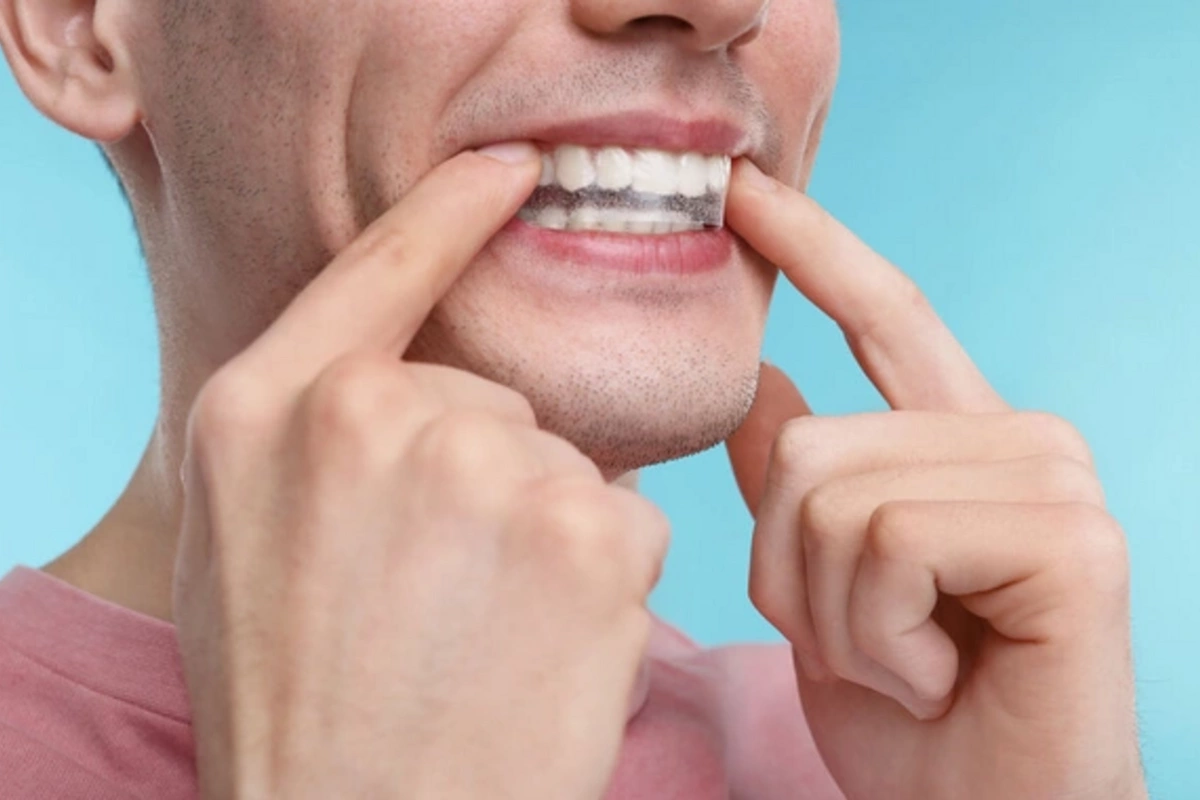10 Jul , 22:50
0

Japanese scientists have identified a link between oral health and the risk of serious diseases
A research team from Fujita Health University (Japan) has made an important discovery: problems with the oral cavity may signal an increased risk of developing diabetes, lipid metabolism disorders, and kidney diseases. The results of this significant study were published in the authoritative scientific journal Journal of Oral Rehabilitation (JOR).
During the study, specialists observed 118 participants over 50 years of age who regularly underwent medical examinations. The scientists conducted a comprehensive analysis, comparing biochemical blood indicators (glucose levels, cholesterol, kidney functionality) with the results of seven different oral health tests. Parameters such as tongue coating, mucosal dryness, number of remaining teeth, tongue pressure strength, chewing ability, swallowing problems, and articulation clarity were evaluated.
The findings were quite revealing: subjects with elevated glucose and glycated hemoglobin (HbA1c) levels were found to have a noticeably lower number of functioning teeth. Participants with high cholesterol levels more often suffered from heavy tongue coating and demonstrated reduced articulation abilities. Similar correlations were also identified in patients with kidney function disorders.
"The results show that a decline in oral cavity functions may be a marker and risk factor for the development of metabolic diseases. Therefore, maintaining oral health is an important step toward maintaining overall health," noted the research leader Professor Mitsuyoshi Yoshida.
The researchers particularly emphasize that including oral health assessment in standard medical examination programs could become an effective measure for preventing chronic diseases.